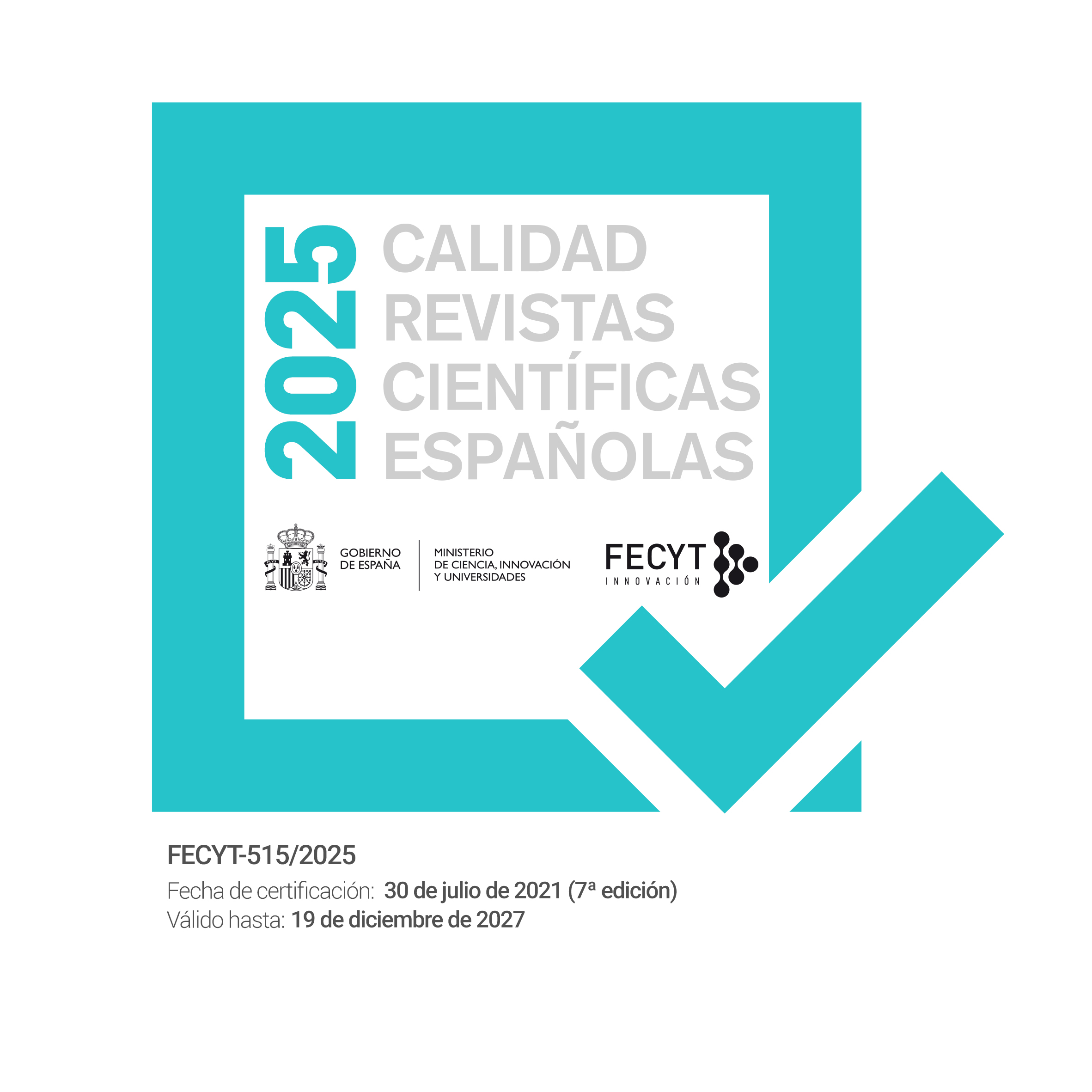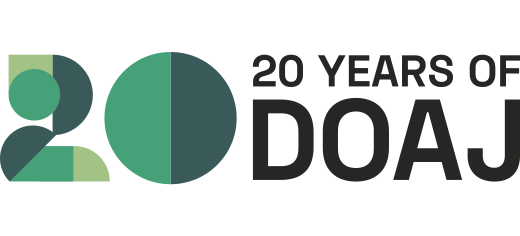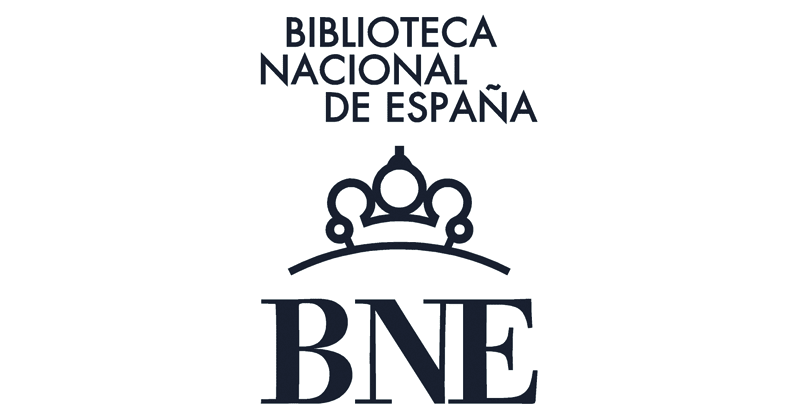Reseña de Mnemosine. Biblioteca digital de La Otra Edad de Plata
DOI:
https://doi.org/10.5944/rhd.vol.2.2018.22337Palabras clave:
Biblioteca, Edad de Plata, Informática, Base de datos, Biblioteca digitalResumen
La Biblioteca Digital Mnemosine es un instrumento desarrollado por los grupos ILSA (Ingeniería del Lenguaje Software y Aplicaciones) y LOEP (La Otra Edad de Plata) de la Universidad Complutense de Madrid que almacena información sobre la literatura olvidada de la Edad de Plata con el fin de comprender mejor este periodo literario. Para ello recoge una serie de datos comunes de todas las obras así como otros específicos que varían dependiendo de la colección que se esté estudiando. De esta manera Mnemosine se adapta al enfoque que se le quiera dar en cada momento. La misma flexibilidad estructura la parte técnica: el software empleado permite que su base de datos sea facilmente contrastada y completada con la de otras bibliotecas. La facilidad con la que la Biblioteca Digital Mnemosine se modifica y adapta a los requisitos de cada investigación es su punto fuerte y lo que la diferencia de otras bibliotecas digitales.Descargas
Los datos de descargas todavía no están disponibles.
Publicado
2018-12-03
Cómo citar
Pérez Benavente, P. (2018). Reseña de Mnemosine. Biblioteca digital de La Otra Edad de Plata. Revista de Humanidades Digitales, 2, 180–183. https://doi.org/10.5944/rhd.vol.2.2018.22337
Número
Sección
Reseñas
Licencia
Derechos de autor 2021 Pablo Pérez Benavente

Esta obra está bajo una licencia internacional Creative Commons Atribución-NoComercial 4.0.
Los autores que publican en esta revista están de acuerdo con los siguientes términos:
- Los artículos publicados en la revista se encuentran disponibles en acceso abierto.
- Los autores conservan los derechos de autor y garantizan a la revista el derecho de ser la primera publicación del trabajo al igual que licenciarlo bajo una Licencia Creative Commons Atribución-NoComercial 4.0 Internacional, que permite copiar y redistribuir el material en cualquier medio o formato y remezclar, transformar y construir a partir del material bajo los siguientes términos: debe dar crédito de manera adecuada, brindar un enlace a la licencia, e indicar si se han realizado cambios; no puede hacer uso del material con propósitos comerciales.
- Los autores pueden depositar el trabajo en un repositorio de preprints, postprints, establecer por separado acuerdos adicionales para la distribución no exclusiva de la versión de la obra publicada en la revista (por ejemplo, situarlo en un repositorio institucional o publicarlo en un libro), con un reconocimiento de su publicación inicial en esta revista.
- Se permite y se anima a los autores a difundir sus trabajos electrónicamente (por ejemplo, en repositorios institucionales o en su propio sitio web) antes y durante el proceso de envío, ya que puede dar lugar a intercambios productivos, así como a una citación más temprana y mayor de los trabajos publicados


























